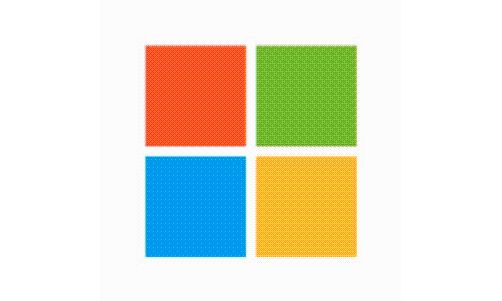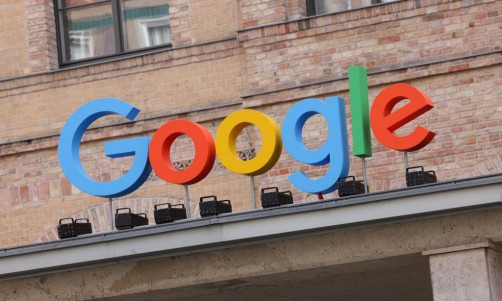Google is facing troubles on the homefront.
The California-based search giant recently became the target of the second lawsuit from the Department of Justice (DOJ) and eight other states for being anti-competitive in the digital advertising market.
This lawsuit isn't the first Google received due to its alleged "dominance," in various markets; the Indian government successfully sued Google for its anti-competitive practice in early January after years of investigation.
Google vs. America LAwsuit Details
According to the DOJ's lawsuit, Google allegedly abuses its dominance at the disadvantage of websites and advertisers who use other advertising tools, artificially raising the barriers of entry to a high level that forced key competitors to leave the market for ad tech tools.
Google's anti-competitive practices also had other effects on the digital advertising market. Because of its alleged dominance, it dissuaded potential competitors from joining the market and left Google's few remaining competitors "marginalized and unfairly disadvantaged."
The DOJ then alleged that Google's various acquisitions allowed it to "neutralize or eliminate" competitors while claiming that the search giant is "forcing" other companies to use its tools.
Because of these actions, these acquisitions and practices, when considered as a whole, had a cumulative and synergistic effect that harmed competition and the competitive process.
Additionally, thanks to these efforts, Google manages to keep more than 30% of the advertising dollars on average that flow through its digital advertising technology products.
Read More: PlayStation Direct Scraps Invitation System Following PS5 Restock Mayhem
As such, the DOJ, along with the eight other states suing Google, seeks to make Google divest parts of its businesses. At a minimum, these include Google's Ad Manager suite, including its DFP publisher ad server, and Google's ad exchange, AdX, along with any additional divestitures to cure any anti-competitive harm.
The lawsuit also seeks to prevent Google from continuing to engage in anticompetitive practices and engage in any other ones with the same "domineering" purpose and effect as the ones previously discussed.
Finally, the DOJ's lawsuit requests a trial by jury against Google for all issues that can be tried from doing so.
Google's Response To The Lawsuit
Google did not take the lawsuit well, with the company saying that the DOJ seeks to pick winners and losers in the advertising technology sector in its response to the lawsuit.
The company also mentioned that the lawsuit tries to rewrite history at the expense of publishers, advertisers, and internet users due to its demands that would eventually slow innovation, raise advertising fees, and make it difficult for small businesses and publishers to grow.
Google explained that it is one of the hundreds of companies that enable ad placement across the internet, and that competition is increasing as companies enter and invest in building their advertising businesses.
These companies include Microsoft through its acquisition of advertising platform Xandr, Amazon, Apple, TikTok, and media companies like Comcast and Disney.
Finally, Google believes its products expand choice for publishers and advertisers, alleging that the DOJ mischaracterized how the company's advertising technology products work in its lawsuit.
Related Article: Google Adds Creepy Fungal Easter Egg for HBO's "The Last of Us"













